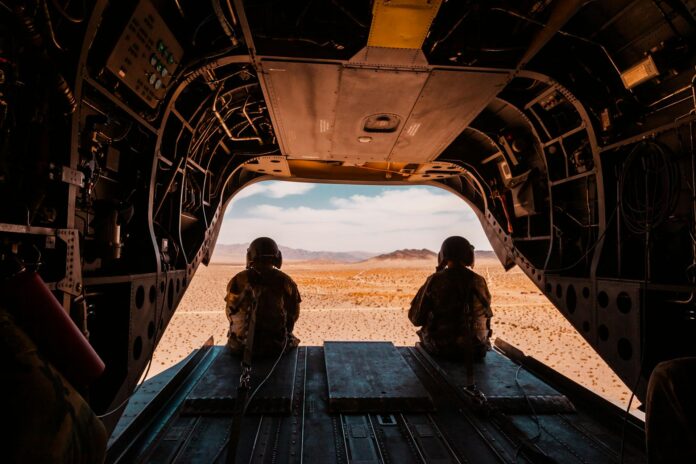[Mustafa Kirişçi, İbrahim Kocaman]
This article explores the reasons that explain the transformation of terrorist campaigns into full-scale civil wars. It delves into the factors influencing this escalation, highlighting three key elements: the state’s response, the terrorist group’s actions, and interstate relations.
The study found that greater state repression would increase the chance of terrorist campaigns to escalate to a civil war. It also provides contrasting examples from Mozambique and Angola versus Canada and Spain to illustrate their finding. In terms of the terrorist group’s actions, the study’s findings revealed that groups that diversify their tactics are more likely to escalate conflicts into civil wars. In relation to this finding, the study offers examples from UNITA and Renamo that utilized a wide range of strategies, and explains how their diverse tactical portfolio including assassinations, bombings, and armed assaults increased their capability for organized insurgency. Finally, the analysis provided by the study highlights the role of interstate relations in shaping conflict dynamics. Countries engaged in rivalries with other states are less prone to facing terrorist campaigns escalate into civil wars.
Overall, the study underscores the complex interplay between state responses, terrorist group actions, and geopolitical factors in determining the escalation of terrorist campaigns into civil wars. It advocates for approaches that address underlying grievances, avoid excessive repression, and consider broader geopolitical dynamics in counterterrorism strategies. By comprehensively understanding these factors, policymakers can better mitigate the risk of terrorist campaigns evolving into prolonged and devastating civil conflicts.
Mustafa Kirişçi, İbrahim Kocaman, İsa Haskoloğlu
Reference:
https://www.tandfonline.com/doi/abs/10.1080/17467586.2023.2182446


